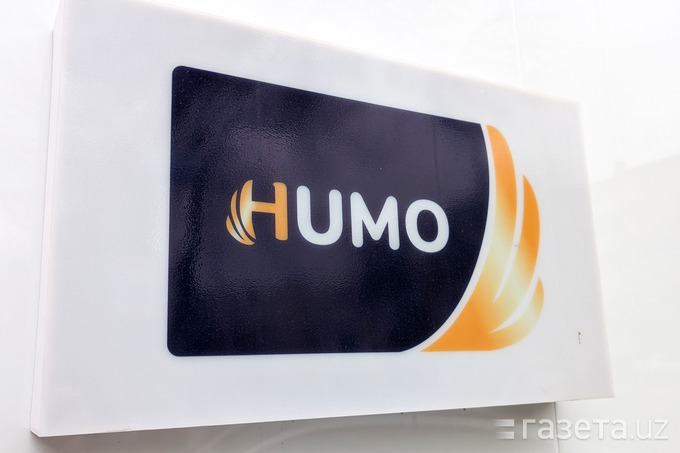Uzbekistan’s State Assets Management Agency announced the reaching of an agreement for the privatization of the National Interbank Processing Center (Humo bank cards).
A 100% state share in one of the country’s two bank processing centers (the second is UzCard) was sold through a “public invitation for negotiations” in a three-stage process.
According to the agency, six candidates were invited to participate during the binding proposal submission stage, and three submitted offers. The winning bidder was Paynet, which offered a price of $65 million.
“The buyer’s proposal falls within the range of indicative prices calculated by the consultant and exceeds the valuation by the independent international appraiser KPMG,” the statement said.
The buyer also committed to implementing additional measures aimed at ensuring the stable and uninterrupted operation of Humo payment system, as well as safeguarding the confidential (personal and banking) information of its users.
The privatization results were approved by the State Commission for Privatization and Coordination of State Assets Privatization Processes.
Initially, Kazakhstan’s Kaspi was expected to participate in the bidding, but it decided not to engage in the privatization process for Humo.
Humo’s net profit for the first nine months of 2024 totaled 119.3 billion soums ($9.2 million), with 47.5 billion soums ($3.6 million) earned in the third quarter alone. The net profit for the entire year of 2024 is projected to be around $13 million.
About the buyer
Paynet is one of Uzbekistan’s largest payment operators, working in the financial technology (fintech) sector for 18 years. Paynet was founded by Botir Arifjanov in 2005. The businessman later sold the company to the state, represented by the People’s Bank, and stepped down from its management. The system facilitates payments for more than 1,500 providers of goods and services, with a monthly user base exceeding 20 million.
In August 2022, the State Assets Management Agency put 100% of Uzpaynet’s shares up for sale. Over the next month, seven applications from potential buyers were received, but the submission process was delayed under the pretext of “further clarification”.
In April, it was revealed that Uzpaynet, which operates Paynet, underwent a change of ownership. The agency’s 100% state share was transferred to New Industrial Technologies company. At the time, the agency did not publicly disclose the privatization.
New Industrial Technologies was registered in April 2019 with an authorized capital of 273.56 billion soums ($21 million). The sole owner is Mustafa Abdurakhmanov, who also holds a 77.6% stake in Asia Alliance Group, the majority shareholder of Asia Alliance Bank.
About Humo
Humo was established in September 2018 under a president’s decree. At the time, it was noted that the absence of a state processing center for retail payment processing reduced the security of the national payment system, hindered unified payment infrastructure integration, and led to the dominance of a single monopolistic system.
Humo emerged following a significant software failure at the only processing center at the time, UzCard, a private entity.
Humo’s head Shuhrat Kurbanov explained that the goal of decentralizing the payment system was to prevent market monopolization and empower banks to operate independently.
The company’s authorized capital amounts to 155.4 billion soums ($11.9 million). Currently, over 27 million Humo cards have been issued, more than 210,000 terminals installed and over 6,400 ATMs deployed.
By president’s decree of 30 November 2023, the state’s share in Humo was transferred to the State Assets Management Agency. Responding to speculation about its potential sale, the agency’s press service told Gazeta.uz that the transfer of Humo was unrelated to privatization. The presence of the Interbank Processing Center on the Central Bank’s balance sheet created a conflict of interest, the agency claimed.
However, by president’s decree of 19 April 2024, the payment system was included in a list of 247 companies the state shares or equity stakes in which were to be put up for public auction.





